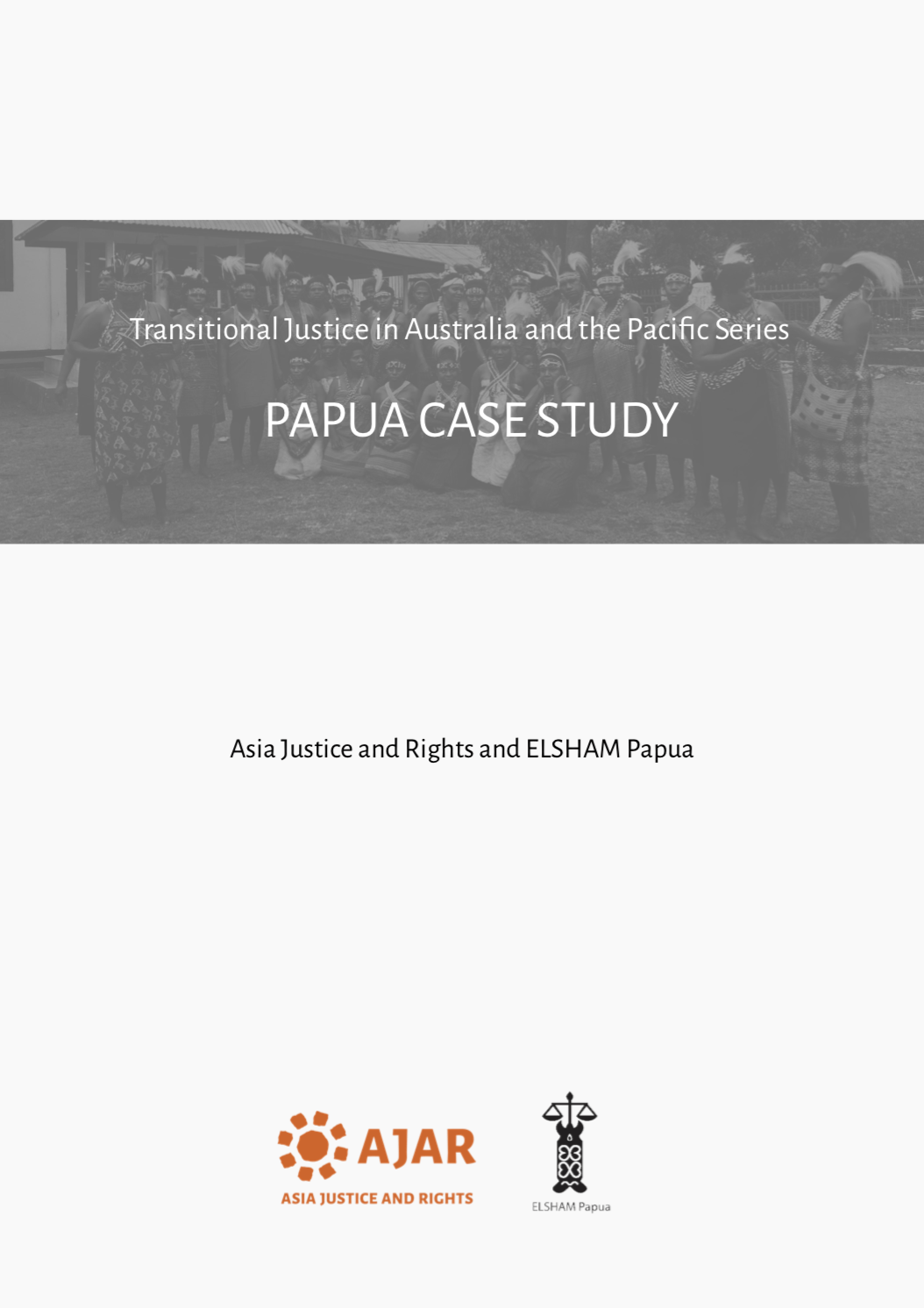During the New Order, mass human rights violations took place alongside large-scale natural resource extraction projects in the then Province of Irian Jaya. As an armed resistance movement formed in the late 1960s, Indonesia declared this province a “military zone” along with Aceh and East Timor. After Reformasi, Special Autonomy was granted for the renamed province of Papua in 2001, promising a truth commission, a human rights court, the protection of indigenous peoples rights, and their representation in policy-making and governance.
Twenty years later, Special Autonomy has been renewed without a rigorous examination of achievements and gaps. In the meantime, groups inside and outside of Papua and Indonesia, have continually voiced their concerns about the ongoing violence and intimidation directed at activists and human rights defenders. A recent announcement by the Indonesian Home Affairs Minister that Papua would be divided into 6 administrative zones was met with significant protests involving large numbers of students. As is common for protests in Papua and other areas such as Jakarta, these were met with violent police tactics and mass arrests.
More recently, the conflict between Indonesian security forces and armed groups such as the Organisation for Papuan Independence (OPM) has continued to flare without much hope of resolution. In this context, AJAR and Elsham Papua partnered to produce Transitional Justice: Papua Case Study which is available in both Indonesian and English. It provides an overview of Papua and the transitional justice mechanisms that have been promised and (partially) implemented since Special Autonomy in 2001 to the present.
